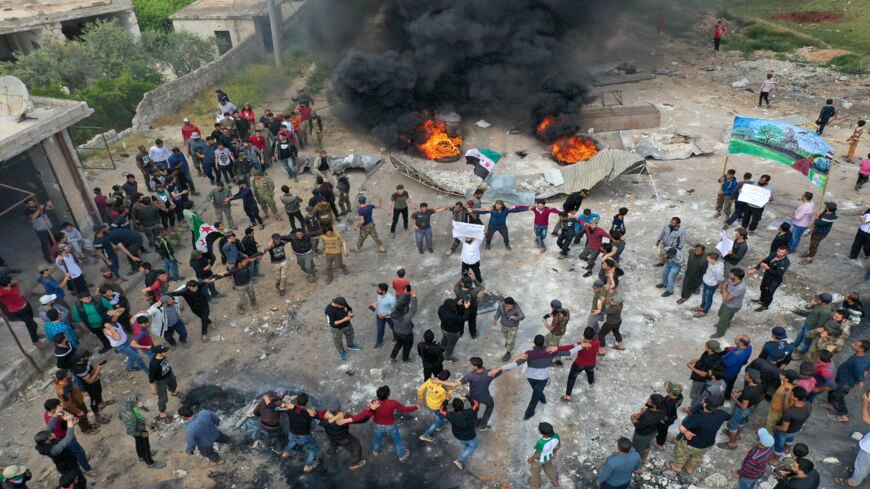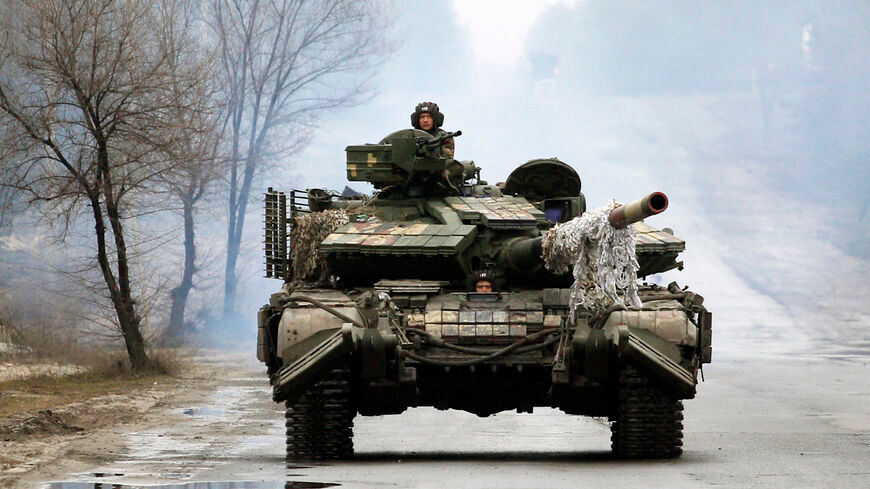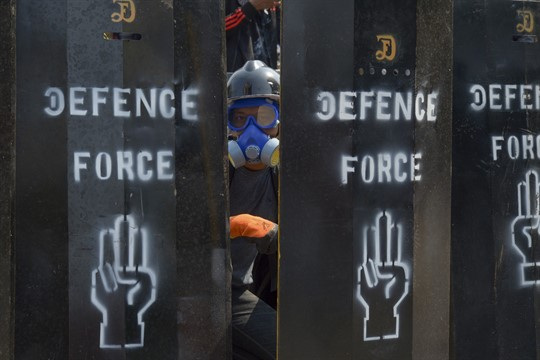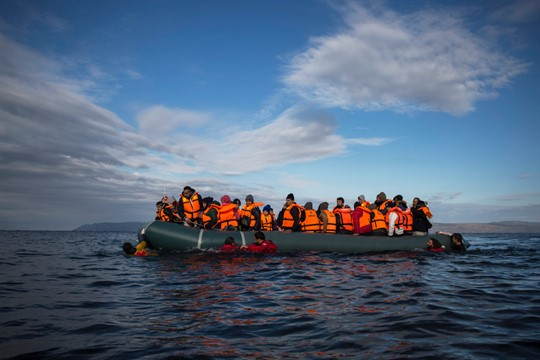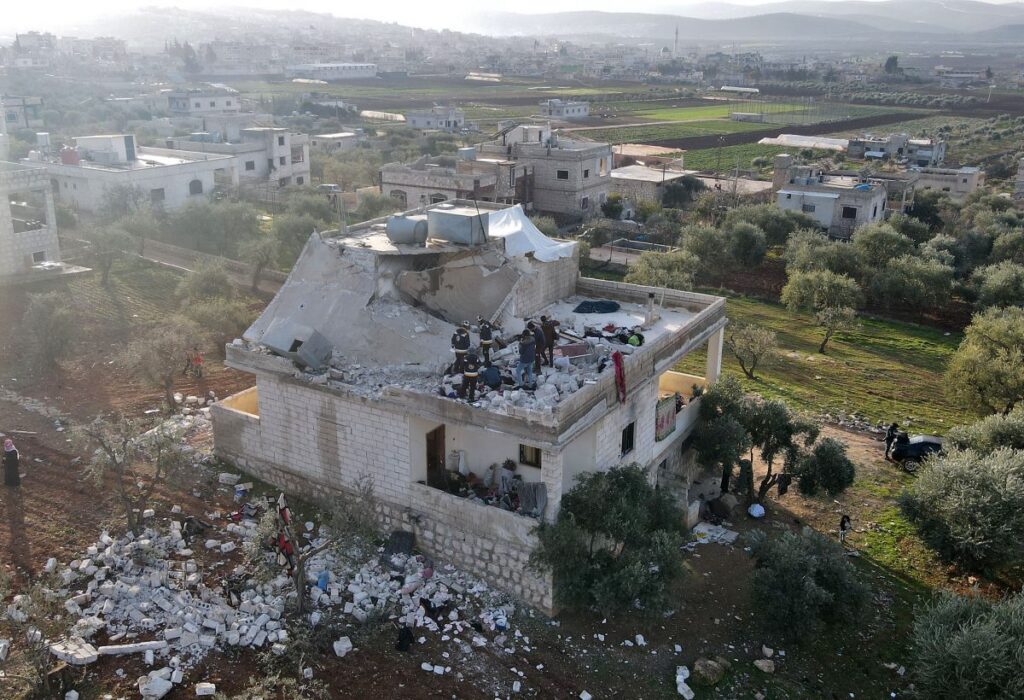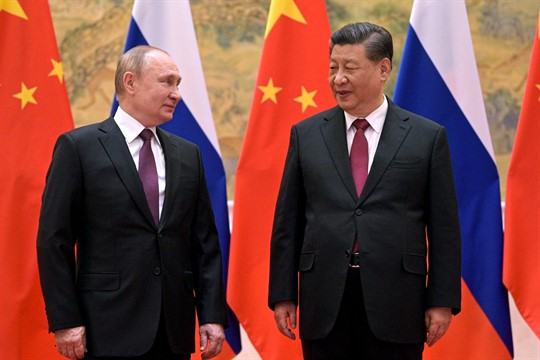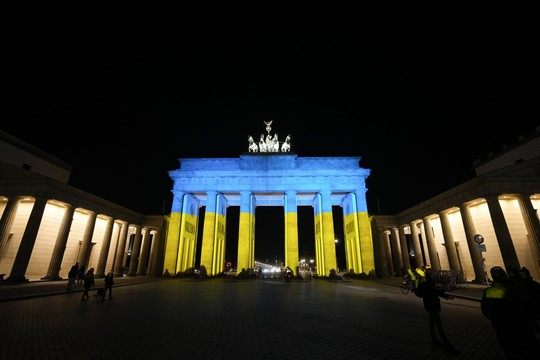Anti-Liberal Russian Philosopher Dugin: It Is Not Just About ‘Restoring The Territorial Integrity’ Of The Donetsk People’s Republic (DPR) And Luhansk People’s Republic (LPR), It Is About ‘Ukraine’s Liberation’
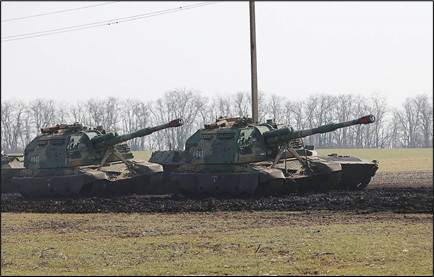
On February 24, 2022, anti-liberal philosopher Alexander Dugin, in an article titled “It’s All About Ukraine’s Liberation,” stated that Russia’s invasion of the Ukraine is not only to restore the “territorial integrity” of the Donetsk People’s Republic (DPR) and the Luhansk People’s Republic (LPR),[1] but is about the “liberation” of the whole of Ukraine. Dugin said that the first goal is the “liberation” of Novorossiya (“New Russia”), the name given in the 18th century to the lands of the Black Sea littoral, incorporated into Russia as a result of wars with the Ottoman Empire. It includes Kharkov, Luhansk, Donetsk, Kherson, Nikolayev, and Odessa.

